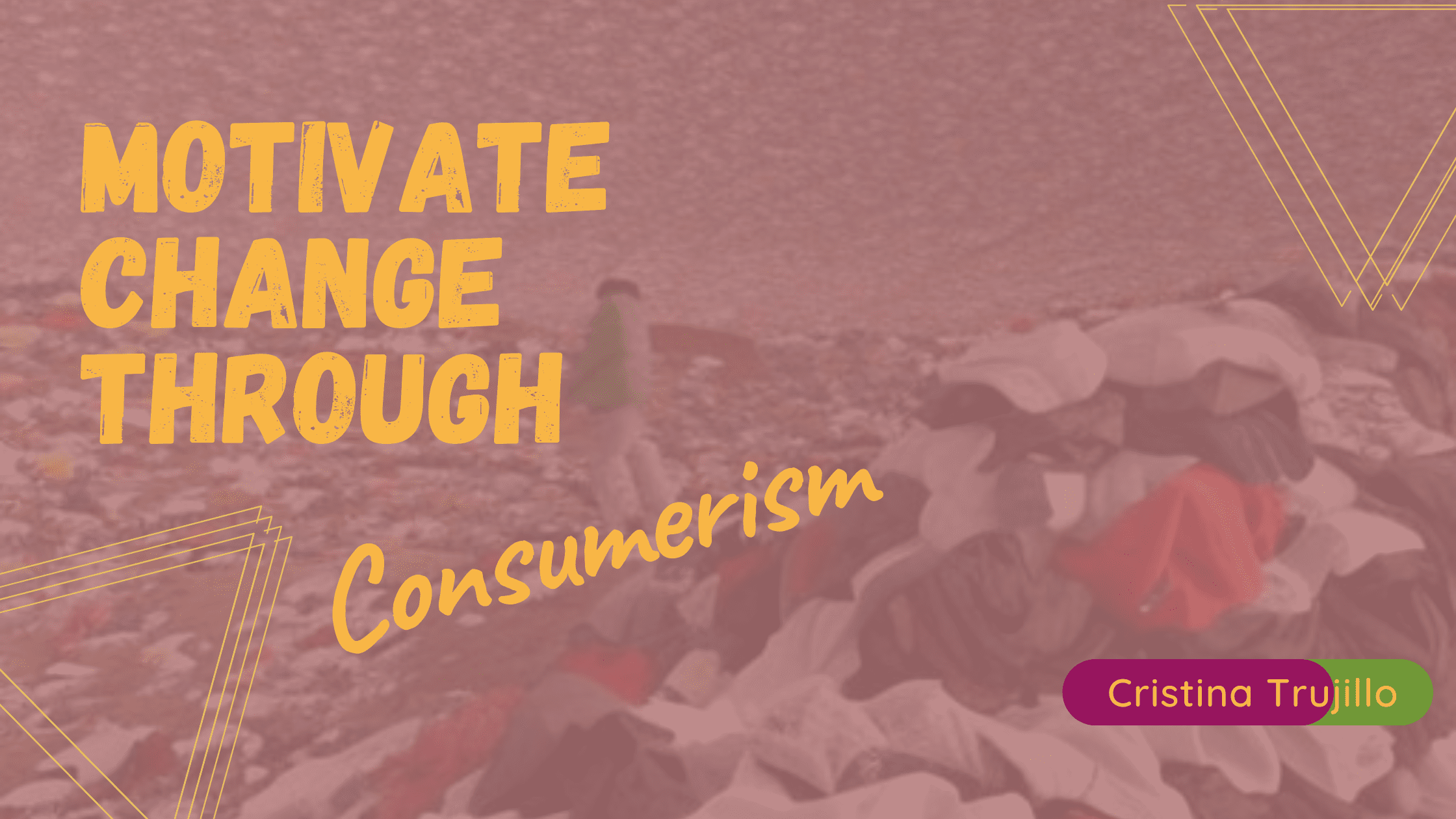The Benefits of Consumerism
The popular saying, “Money Talks,” is founded on the reality that consumerism fuels much of American culture and business. Unfortunately, this can create unsustainable materials and waste that pollutes our environment. While government-imposed taxes to hold businesses accountable are important, individuals also have a responsibility – we can’t let ourselves off with no blame.
Fortunately, accessibility to proper recycling programs across America is improving, though there’s still progress to be made. Through social communities like We Don’t Have Time and Remark, we’ve been given tools to publicly call out companies who engage in non-sustainable practices. It’s up to all of us – as consumers and citizens – to make sure our actions reflect what we want for our planet’s long-term health.
The Facilitator of Change
Influencers from all walks of life are speaking out about the importance of addressing climate change. Despite decades of discourse, our human actions have only led to an increase in environmental damage since the industrial revolution when oil was first discovered. Unfortunately, many products made from fossil fuels remain economically viable and difficult to phase out completely. Plastic is one such example; it’s used for packaging everyday items and only a minuscule amount can be recycled due to its rare nature or cost-efficiency reasons.
The facilitator making a call for formulating change in this situation could be policymakers, members of the public, scientists, and many more. Although government officials may have been aware of environmental degradation issues in the past three decades, very little has changed to address these issues. This can be attributed especially to economic interests linked with fossil fuel-based products: since their discovery back in the 1800s, they have provided energy sources as well as being used to create cosmetics and other items.
Proposals by governments for circular systems such as recycling have not had much success either; plastic is one popular example of this stagnancy as it is widely used for product packaging yet only a small part of them is recycled. This is why getting involved from multiple influencing entities is essential—to develop better policies that encourage eco-friendly outcomes on top of identifying long-term solutions to existing problems.
How can consumerism motivate change?
There are many ways that consumerism can motivate change. For one, when people are buying products that are environmentally friendly or that support social causes, they are sending a message to businesses that they care about these issues. This can prompt businesses to change their practices in order to meet consumer demand. Additionally, when people are knowledgeable about the impacts of their consumption, they can be more selective in their purchasing choices and support businesses that align with their values. Ultimately, consumerism can be a powerful force for positive change when it is done conscientiously.
